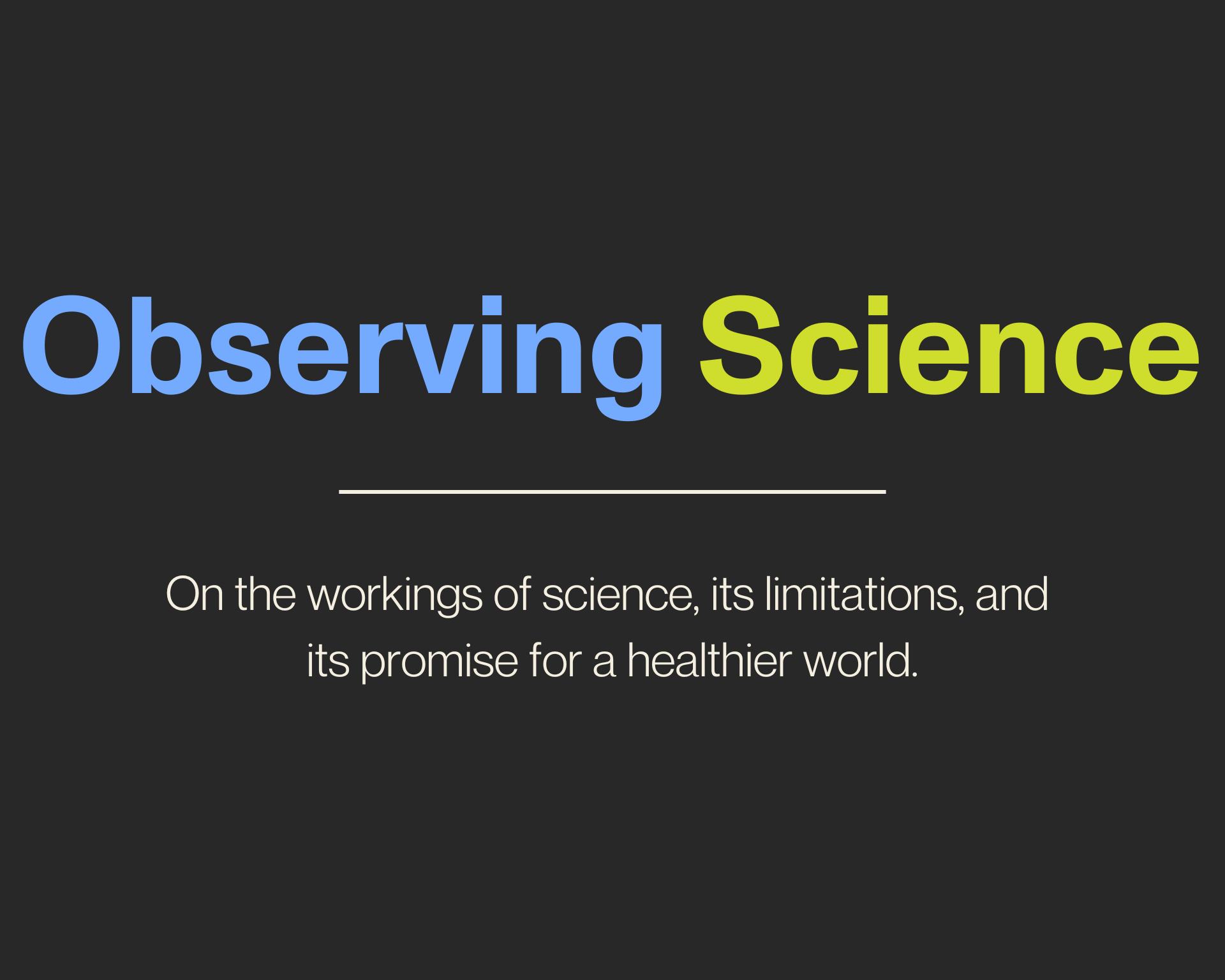The Political Uses of Science
On the use—and misuse—of science by political actors to advance their agendas.

Read Time: 4 minutes
Published:
During the COVID-19 pandemic it often seemed as though science was at the heart of every public discussion. Public argument flared about the science behind novel vaccines, masking recommendations, and decisions around school closures. Much of this discussion was entirely reasonable debate about still contended and new science. But some of it was fueled by political actors, aiming to advance particular political—and heavily partisan—agendas. Science tries to identify truths about our natural and social world. Politics aim to advance a vision of the world informed by a particular ideology that often looks to whatever means are available, including science, to advance its own ends.
While the pandemic made this all acutely clear, political use (and misuse) of science is as old as science itself. Famously, of course, early scientists like Galileo Galilei found that their scientific observations—in this case, that the earth revolved around the sun—were not compatible with the political forces of the time. The Catholic Church viewed a rethink of celestial body rotation as a threat to its particular geocentric view of the world, and so, Galileo was punished and spent the rest of his life under house arrest. Charles Darwin hesitated for decades before publishing his theory of evolution, fearing that it would run afoul of dominant political forces of his time who would have a hard time accepting that humans did not have a particular place distinct from that of other animals. He eventually published On the Origin of Species in 1859.
Recognizing that political actors have designs on the observations of science should, in many ways, sharpen the scientist’s mind.
In the 1940’s the noted Soviet scientist Lysenko asserted the anti-Darwinian idea that laboratory-induced modifications to plants (“acquired characteristics”) could be inherited. With Stalin’s endorsement, this scientifically-unsupported doctrine became Soviet orthodoxy, leading to changed planting seasons, problems in crop selection, and eventually, famine. Why did this idea take hold? Again, for political uses. Darwin’s strictly genetic theory of inheritance when applied to humans, implied that people (like plants) are born unequal as a result of the random shuffling of genes. But, the stated view of the Soviet regime was egalitarianism; inequality was not Soviet. Dogma dictated science and opposing scientists were arrested. Yet, at the same time in the U.S., perhaps as part of anti-Soviet political maneuvering, it became difficult to pursue research on factors other than genes that might influence inheritance. Research concerning the transmission of acquired characteristics from one generation to the next, what we now call epigenetic inheritance, was shut off for decades.
The use of science by political actors to advance their agendas, then, is neither new, nor about to go away any time soon. Political agendas depend on particular worldviews. Therefore, it is inevitable that science is going to be used to advance political agendas when its findings align with a particular worldview, or stands to be denounced when its observations run afoul of others. Recently, climate science has become something of a convenient prop in political battles around the use of fossil fuels, with science that documents a warming planet becoming a vote-getting rallying cry for political parties on either side of fossil fuel arguments.
Recognizing that political actors have designs on the observations of science should, in many ways, sharpen the scientist’s mind. If we are to hope for science to inform social decisions, to move our collective thinking forward, science needs to be seen and evaluated for what it is—the systematic observation of the natural and social worlds that help us understand these worlds—without the added overlay of political tugging and pulling that tries to shape science in its own pre-determined mold.
This requires that science effectively communicates its findings, to bring to the public conversation its observations, and to make sure that those observations, as dispassionately as possible, have a fair hearing even amidst the often more emotional pull of political ideology. This is in no way easy or straightforward and requires scientists to engage in the public arena perhaps more than most are used to. In so doing, however, one hopes that the science can speak for itself, make its case separately from the case being made—using in part the findings of science—by those with agendas that impede potential advances that can improve our collective lot.
Previously in Observing Science: Elitism and Science




